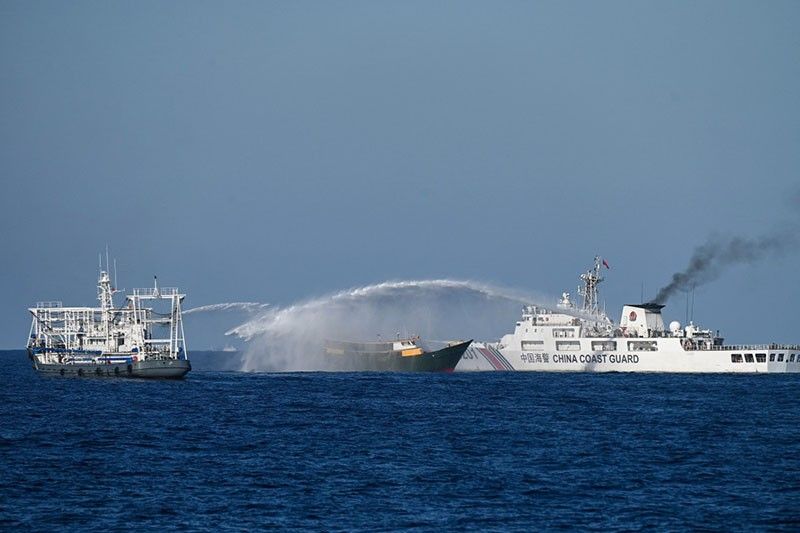Philippine-US defense treaty doesn't trigger immediate military action — analyst

MANILA, Philippines — Maritime expert Jay Batongbacal addressed misconceptions about the Philippine-US Mutual Defense Treaty (MDT), saying that the treaty does not require an immediate military response in maritime conflicts.
Batongbacal clarified that the treaty is not inactive since it is already in effect.
“Iyong Mutual Defense Treaty, hindi po siya kumbaga inactive and then i-activate ‘no – it is already enforced between the parties,” Batongbacal said in a news forum on Saturday.
(The Mutual Defense Treaty is not dormant and awaiting activation. It is already enforced between the parties.)
“Ang problema lang kasi doon, mayroong parang misunderstanding, may misconception na ‘pag sinabi mong ‘triggered the Mutual Defense Treaty,' mag-uumpisa ka ng giyera. Hindi po iyon ‘yung konsepto noon,” he added.
(The problem here is there is a misunderstanding, a misconception that once you say that the Mutual Defense Treaty is triggered, a war will unfold. This is not the intended concept.)
He explained that the term "triggered" does not mean starting a war but rather signifies a commitment to collaborative responses for security challenges.
Last Wednesday, President Ferdinand Marcos Jr. expressed concern over China's actions against Philippine boats but clarified that the recent clash in the West Philippine Sea does not warrant activating the treaty with the United States.
Under the 1951 Mutual Defense Treaty, the Philippines and the US agreed that an attack on one would be seen as a threat to both and committed to respond jointly.
During the forum, Batongbacal lauded Marcos' decision not to activate the MDT between the two nations.
He said that the Philippines' stance, choosing a more peaceful and diplomatic path, is the right move for the country.
“Sa tingin ko, iyon po ‘yung punto noong sinabi nga ng Pangulo na it’s not the right time. Tama naman po ‘no, hindi naman puwede na bawat sugat mo eh tatakbo ka na kay ‘Big Brother’,” Batongbacal said.
(I believe that was the president's point when he said it's not the right time. It's correct; you can't run to 'Big Brother' every time there's a scratch.)
During the forum, Batongbacal explained that the treaty's focus on armed attacks, as outlined in Article 4, does not necessitate an immediate call to arms in maritime conflicts.
He clarified that the US and the Philippines are already collaborating in operations in the West Philippine Sea, primarily through information-sharing, monitoring and surveillance.
The maritime expert also said that it is the Philippines' duty and responsibility to manage situations, preventing any escalation into further tensions or armed conflicts.
- Latest
- Trending





























